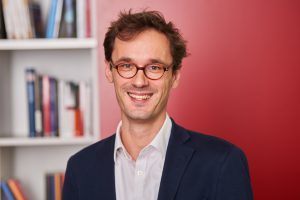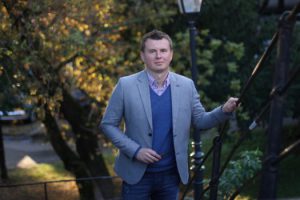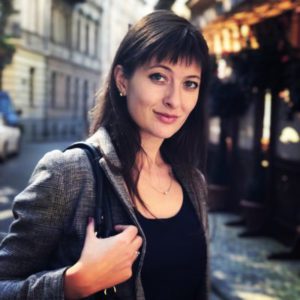Defending History? The Impact of Context and Speaker in Russia
When? March 15th, 3:15pm
Where? Zoom: https://mau-se.zoom.us/j/64203597686
Summary:
As part of their nation-building efforts, political elites in post-communist Europe have increasingly regulated how the past can be talked about in public. Critical historical discourse has been eradicated from public discourse through memory laws in particular. However, we lack insights into the implications of such laws for what people make of the past and under what circumstances people are prepared to accept critical comments on a country’s history.
Employing an original vignette experiment conducted in 2021, this article addresses these lacunae in the context of the Russian Federation, where the memory of the Red Army’s victory in World War II has been overwhelmingly embraced by the population. Our results demonstrate that in-group criticism of a shared norm is accepted, while criticism by an out-group member is rejected. Additionally, we find that the state has little power to shape what citizens hold to be true about a specific past event; rather, the interpretations historical events are given reflect existing lines of political support and opposition within Russia.
Biography: Félix Krawatzek is a political scientist and, since September 2018, a senior researcher at ZOiS, where he coordinates the research cluster Youth in Eastern Europe. He is also an Associate Member of Nuffield College (University of Oxford). His research focuses on post-Soviet politics and European politics more broadly. Félix Krawatzek is particularly interested in the role of youth in politics, the significance of historical representation in political processes, and questions related to migration and transnationalism. Before joining ZOiS, Félix Krawatzek held a British Academy Postdoctoral Fellowship at the University of Oxford’s Department of Politics and International Relations. He finished his doctorate at the University of Oxford and was a visiting fellow at Sciences Po Paris (Centre d’études et de recherches internationales) and at the Minda de Gunzburg Center for European Studies at Harvard University.







